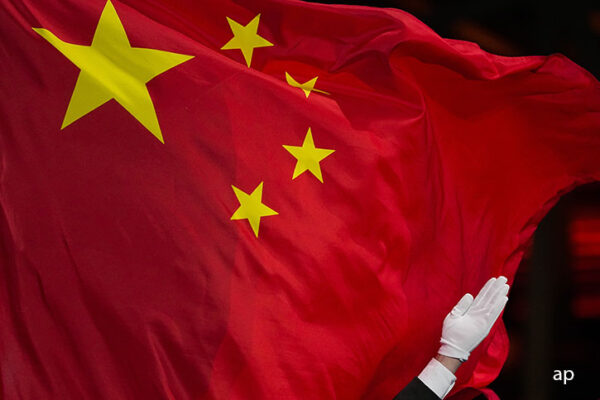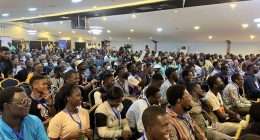
Hong Kong and Chinese stock markets experienced a dramatic plunge on Monday, marking their worst single-day crash since the global financial crisis of 2008. The sharp decline comes amid escalating global trade tensions and growing fears of a deep economic recession.
Hong Kong’s Hang Seng index took a severe hit, plummeting by over 10% in morning trading. If these losses are sustained throughout the day, it would represent the benchmark’s largest daily fall since the 2008 crisis. Banking stocks were particularly affected, with Hong Kong-listed shares of giants HSBC and Standard Chartered tumbling by as much as 15%.
Meanwhile, mainland China’s CSI300 blue-chip index also saw significant losses, falling by more than 5% with widespread selling across almost all sectors. The Chinese yuan also slipped to its lowest level since January, while bonds experienced a sharp rally as investors sought safer assets.
The market turmoil follows China’s retaliatory measures against the United States, which imposed additional tariffs on Chinese goods. Beijing responded with similar tariffs on US products, intensifying fears of a prolonged trade war between the world’s two largest economies. This tit-for-tat escalation has dampened investor sentiment and fueled concerns about the potential for a global recession.
According to reports, shares in major Chinese online companies like Alibaba and Tencent also experienced significant drops, falling by over 10%. In Hong Kong, shares of HSBC fell by 13%, heading for their largest daily fall since 2009, and Standard Chartered stock was down by over 16%, on track for a record fall.
The dramatic downturn in Chinese stock markets mirrors a broader decline in global markets as investors react to the worsening trade outlook and the increasing risk of a global economic slowdown. This event marks a significant moment of concern for the global economy, evoking memories of the severe market disruptions witnessed during the 2008 financial crisis.









